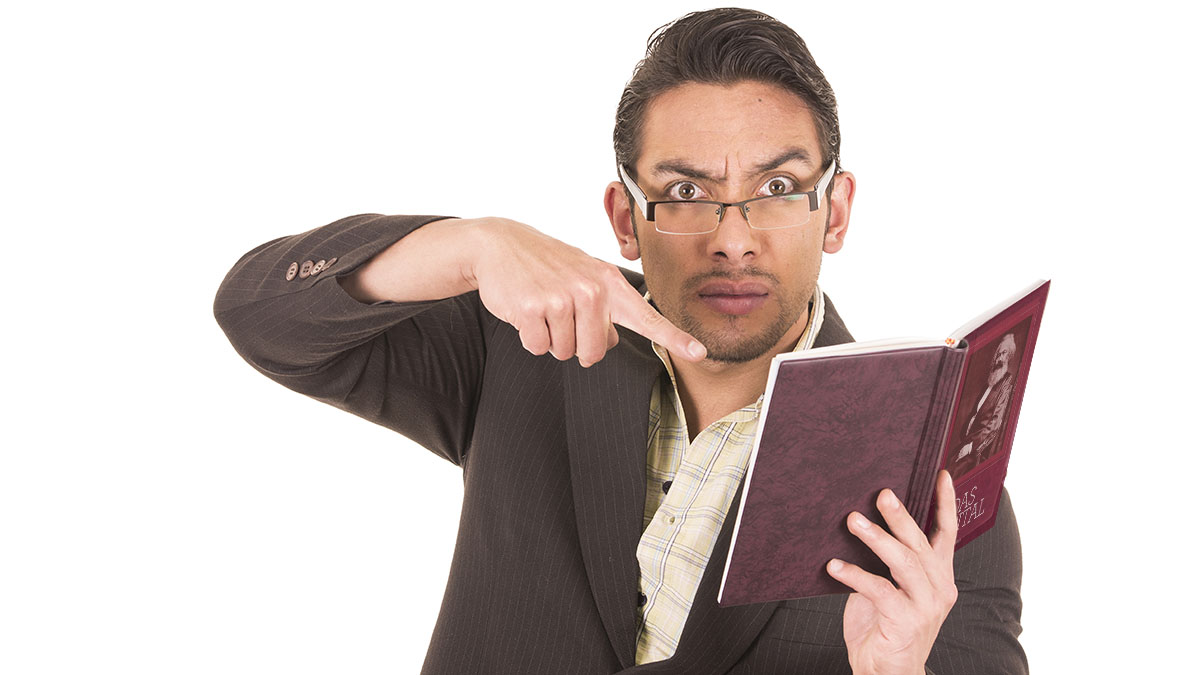After lagging for many years, Tasmanian students have only recently begun to improve their school results in comparison to their Mainland peers. There are several reasons for this: for instance, an economy that had long prioritised low-skilled rural jobs. But what hasn’t helped has been recent decades in which Tasmanian students have been the helpless guinea pigs of politicians and education bureaucrats foisting the latest, airy theoretical fads on schools at the expense of traditional, basic disciplines.
Most notorious was former Labor education minister Paula Wriedt’s “Essential Learnings”, a fluffy package of supposedly “21st century skills”: “Thinking; Communicating; Personal Futures; Social Responsibility; and World Futures”. If this sounds like a steaming bucket of leftist hogwash, it was. Critics pointed out that the curriculum downgraded core academic areas, particularly English, mathematics and science, in favour of airy-fairy buzzwords.
But when has failure has ever convinced leftists of the essential uselessness of their high-falutin’ theories?
Schools have been warned to be wary of the push to teach students much-hyped 21st-century skills, such as critical and creative thinking, following new research questioning the widely held assumption that they can be easily taught.
A NSW Department of Education research paper, written by well-regarded US cognitive scientist Daniel Willingham, has also undermined calls for the role of general capabilities to be given greater prominence in the national curriculum, a recommendation from last year’s Gonski review.
The infamous Gonski report, commissioned by then-PM Julia Gillard, was an education union wet dream. Its basic assumption is that throwing buckets of cash into public education would magically deliver world-class results. Instead, Australian schools have become mini-Venezuelas. Despite spending more and more, Australia’s international rankings continue to slide.
But education theorists’ addiction to leftist fairy-floss continues unabated.
General capabilities, sometimes called soft-skills, include critical thinking (the ability to analyse objectively) as well as creativity, personal and social responsibility, ethics and understanding of the relationship between different cultures.
They have been a key focus of education policymakers in recent years…
However, according to Professor Willingham: “We are not even sure the general skills exist, but we are quite sure there is no proven way to teach them directly…Wanting students to be able to ‘analyse, synthesise and evaluate’ information sounds like a reasonable goal. But analysis, synthesis and evaluation mean different things in different [subject] disciplines.
Ethics, creativity and social responsibility are heavily subjective and value-laden concepts that not only are children and adolescents largely not mentally equipped to deal with properly, but frankly, the current crop of primary and high-school teachers are the last people who should be allowed to browbeat kids with their invariably green-left dogmas.
Worse, in an education industry overwhelmingly dominated by theory-laden leftists (US data shows that over 80% of teachers vote left; for English teachers, it neared 100%), “critical thinking” is a misnomer. Rather than genuine dispassionate logical analysis and scepticism, “to value knowledge and thought … without the intrusion of any other considerations whatever”, in the tradition of Socrates and Matthew Arnold, they offered a particular kind of ideological conformism. Instead of critical thinking, they rote-learned criticism of certain unacceptable ideas and uncritical conformism of acceptable ones.
Centre for Independent Studies education research fellow Blaise Joseph said…the research confirmed that one’s ability to think critically depended on their knowledge of a particular subject.
When I was an art student many years ago, our drawing teacher clamped down early on those students who thought they could make any old scribble and call it art. “Learn to draw first,” he warned. “You have to know the rules first, before you can break them”. As university admissions are beginning to show, with students entering college without ever having read a complete book and needing remedial English courses, students are leaving school without ever learning the basics of reading or mathematics.
“If the curriculum moves towards a focus on broader capabilities at the expense of knowledge, students will be worse off — they’ll end up knowing less while not actually acquiring any genuinely transferable skills,” he said…“As much as teaching students to think critically is a goal of schooling … deep critical thinking is hard won”.
theaustralian

